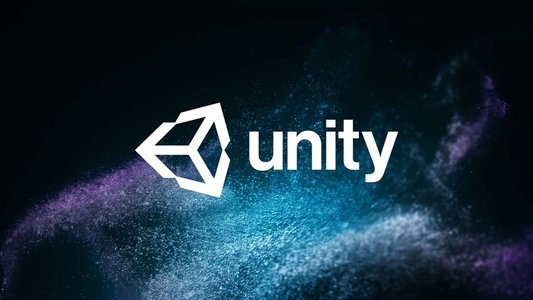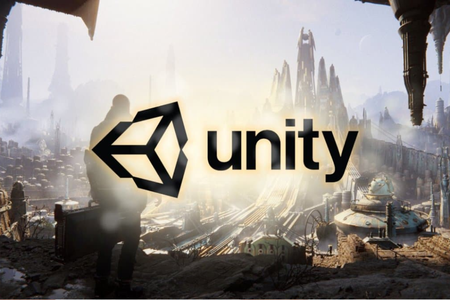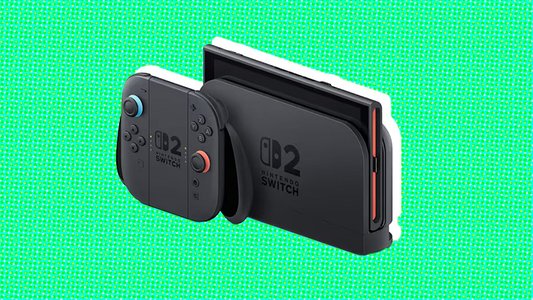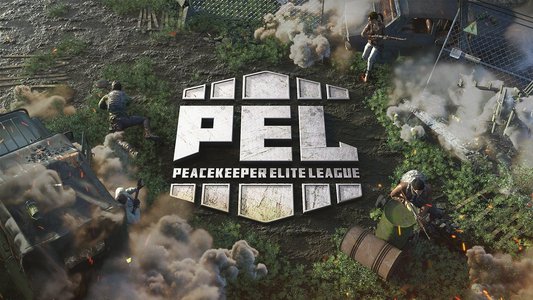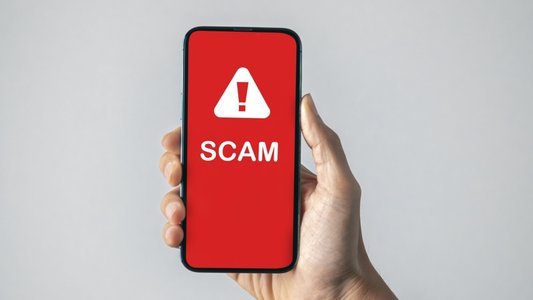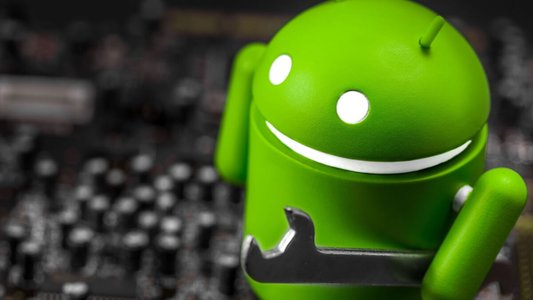In the realm of Unity game development, the term “Unity hack” refers to various techniques players might use to alter game behavior in unintended ways. A Unity hack can involve tampering with assets, modifying runtime logic, or intercepting engine functions to subvert intended gameplay. Understanding what does hacking mean in Unity requires examining how these hacks operate and, more importantly, how to prevent them in your games.
When asking how to prevent hacking in your game Unity, developers should focus on a holistic defense strategy. This includes encrypting assets, detecting runtime tampering, verifying code integrity, and implementing server-side checks. Let’s explore these anti-cheat measures using proven solutions and practical techniques.
How to Prevent Hacking in Your Unity Game : Fundamental Techniques
1. AssetBundle and Resource Encryption
Encrypting asset bundles shields crucial game data from unauthorized alterations. As noted in JikGuard’s Unity AssetBundle Resource Encryption Solutions, encrypting bundles at build-time and decrypting them in memory can prevent reverse-engineering and resource swapping. This ensures attackers can’t replace or modify assets to influence gameplay.
2. Engine-Level Encryption and Obfuscation
To protect Unity’s core functions—such as physics, timing, or animation calls—you can employ engine encryption. JikGuard’s Explanation of Unity Engine Encryption Solutions suggests wrapping critical routines in encrypted layers or using obfuscators to conceal engine internals.
3. Mono Script Encryption
Mono scripts are easily decompiled and altered, making them a prime target for Unity hacks. JikGuard’s Unity Mono Encryption Solution encrypts these scripts, only decrypting them in memory during runtime, thus raising the bar for attackers.
Advanced Defenses Against Native Code Tampering
Zygisk IL2CPP Dumper Detection
For games deployed with IL2CPP, attackers may use dumper tools to extract and manipulate native binaries. JikGuard’s zygisk IL2CPP dumper detection can identify these tools at runtime and respond automatically—by shutting down the game or flagging suspicious behavior.
Randomized Encryption of Game Resources
Even encrypted resources can be vulnerable if the same key is used repeatedly. JikGuard’s Unity Resources Randomized Encryption Solution addresses this by using unique keys for each build, preventing Unity hacks from spreading across versions.
Implementing Robust Runtime and Server-Side Checks
Beyond encryption, runtime detection provides active defense:
▪ Time Integrity Validation: Monitor variables like Time.deltaTime or Time.timeScale. If anomalies arise—such as ticks advancing too fast or too slow—trigger defensive actions.▪ Memory Scan Detection: Watch for cheat engine signatures or IL2CPP dumper processes at runtime. If found, terminate the session or notify admins.
▪ Server-Side Authoritative Checks: Perform critical calculations (e.g., XP gains, resource rewards) on the server to avoid client-side manipulation.
What Does Hacking Mean in Unity? A Broader Perspective
In Unity, hacking covers a broad spectrum:
▪ Asset manipulation (replacing art, UI, or data).▪ Script or engine method interception.
▪ Network packet tampering or spoofing.
▪ Runtime modifications such as altering game logic or timing (including speed hacks).
Key Technical Specifications for Anti-Hack Implementation
▪ Ports: Use secure IPC hooks—monitor entry and exit points where scripts or engine calls are invoked.▪ Encryption Methods: AES‑256 for assetbundle encryption; randomized IV per build.
▪ Detection Hooks: Real-time monitoring of timing variables and memory integrity.
▪ Integrity Checks: SHA‑256 hashes on Mono/IL2CPP binaries, verified at runtime.
▪ Obfuscation Tools: IL2CPP‑Encrypt or MonoEncrypt to obfuscate method names and prevent static analysis.
▪ Anti‑Dumper Features: Detection of zygisk modules and IL2CPP dumpers.
▪ Punishment Response: Immediate session termination, flagged account, or admin alert.
Best Practices: How to Prevent Hacking in Your Game Unity
Combining multiple anti-cheat methods provides comprehensive protection:
▪ Enforce runtime integrity validation.▪ Apply encryption at asset, script, and engine levels.
▪ Monitor memory and process signatures for tampering tools.
▪ Use server-side authority for critical game mechanics.
▪ Deliver security updates regularly to counter new Unity hack techniques.
Case Study: Secure Multiplayer Environment
A popular Unity-based multiplayer title experienced a spike in Unity hacks—players were gaining currency through rapid-fire actions. The developer implemented server-side validations for in-game rewards and time-clock monitoring to detect anomalies. Mono script encryption was deployed, and zygisk detection blocked native code alterations. As a result, hack attempts dropped significantly.
Conclusion
A Unity hack encompasses various manipulations that threaten game fairness. By understanding what does hacking mean in Unity and applying layered defenses like resource encryption, runtime detection, code obfuscation, and server-side verification, developers can protect their games from exploitation. These combined strategies ensure a secure, enjoyable experience for all players.
For developers looking for a comprehensive and seamless game protection solution, JikGuard Game Protection offers cutting-edge encryption and anti-cheat technology to ensure your game remains secure without compromising performance.
Why Choose JikGuard Game Protection?
√ On-Demand Security Assessment:
Not sure if your game needs encryption? JikGuard provides free security testing and reports, helping you identify potential risks through penetration testing and in-depth analysis.√ Minimal Performance Impact:
JikGuard’s encryption system only decrypts resources when needed, ensuring that files remain encrypted in the cache and have virtually no effect on loading speed or game smoothness.√ Seamless Multi-Channel Packaging:
Supports mother package encryption, meaning all sub-packages remain protected without requiring additional processing for different distribution channels.√ No SDK Required:
Unlike traditional solutions, JikGuard does not require SDK integration—simply run a command, and the encryption process is handled automatically.√ Ultra-Low Performance Overhead:
▪ CPU usage increase: <0.2%▪ Memory consumption: <1MB
▪ Startup time increase: <25ms
▪ Package size increase: <1.3MB
Ensuring a smooth and seamless gaming experience.
With JikGuard Game Protection, you can focus on game development while ensuring top-tier security against cheats, resource leaks, and competitive analysis. Protect your game today and keep your vision intact!

